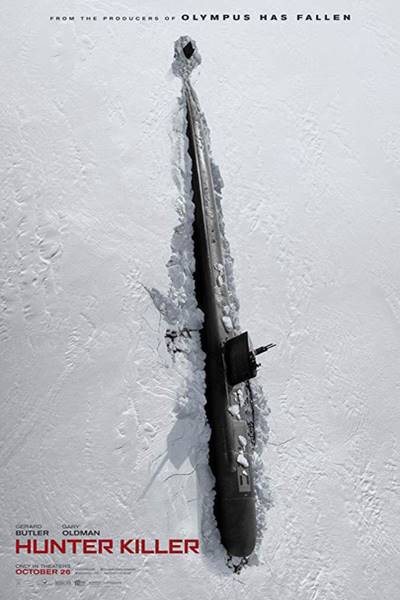
Toby Stephens
Biography

Toby Stephens began his acting career while a stagehand at the Chichester Festival Theatre, in end-of-season productions mounted by the crew. In his brief professional career, he has already won the Sir John Gielgud Prize for Best Actor and the Ian CharlesonAward for his performance in the title role of "Coriolanus" at the Royal Shakespeare Company in 1994. His other work at the RSC includes "Measure for Measure", "A Midsummer Night's Dream", "Antony and Cleopatra", "Wallenstein", "All's Well That Ends Well" and "Unfinished Business". Stephens also starred in Peter Hall's production of "Tartuffe" at the Aldwych Theatre and has just finished filming The Tenant of Wildfell Hall(1996). His television appearances include A View from the Bridge (2012) and The Camomile Lawn (1992). He made his screen debut in Sally Potter's Orlando (1992).

Anna-Louise Plowman (15 September 2001 - present) ( 3 children)
Trivia
Son of the late Sir Robert Stephens and Dame Maggie Smith
Stepson of Patricia Quinn.
Younger brother of Chris Larkin.
Attended the London Academy of Music and Dramatic Art.
In 1999, appeared on Broadway in "Ring Round the Moon".
Has the uncanny ability to master the American accent which, along with his smile and look, helped set him apart from the other actors reading for the part of Jay Gatsby and ultimately helped him land the role (a role he said he had the most fun playing and would do the part again in a heartbeat).
Was considered for the role of "Robin" in Batman Forever (1995).
Has turned down Hollywood many times; he concentrates mainly on theater.
After his parents' divorce when he was four years old, Stephens and his brother (actor Chris Larkin) grew up traveling back and forth across the Atlantic with their mother for her numerous acting engagements.
Older stepbrother of Quinn Hawkins.
His family has been involved in three of Britain's most successful literary and film franchises. Toby played a James Bond villain in Die Another Day (2002), and later went on to play Bond himself on the radio. His father, Robert Stephens, played Aragorn from The Lord of the Rings on the radio. His mother, Maggie Smith, plays Professor McGonagall in the Harry Potter films.
He and his mother, Maggie Smith, have both worked with Ian McKellen. Smith appeared with him in Richard III (1995), while Stephens worked with him in a BBC Radio adaptation of "Goldfinger". McKellen also played "Smith" when he hosted Saturday Night Live (1975). In addition, both McKellen and Robert Stephens have appeared in adaptations of "The Lord of the Rings".
In 1992, he and Tara Fitzgerald co-starred in the television miniseries "The Camomile Lawn." In 1996, they again co-starred in the adaptation of Anne Brontë's The Tenant of Wildfell Hall (1996). Both appeared again in Charlotte Brontë's Jane Eyre (2006), but did not share screen time.

Some men are into Hollywood glamor stuff and some are not.
I've learnt an enormous amount from my children. Mostly that my agenda isn't the most important thing in the world. For a while, I was trying to squeeze them into my life. And it was such torment! It makes you realize how selfish you are.
Growing up, I went to many schools, and I had to fit in to many different types of environments with totally different social groups. It helps me out as I move from job to job.
That's the privilege of being a grandparent - they can indulge the children while parents have to be the bad guy. Grandparents can also be subversive and naughty with them.
My parents' parents were regular working-class people. I ended up speaking in a certain way, and one gets sidelined into doing certain parts. I think that is really quite narrow-minded.
I'm fair-skinned, so beaches are a bit boring for me. I'm either smeared in lotion or under a shade. However, I do love the sea - diving, swimming and snorkeling.
I blub all the time, in the most weird situations - not in the ones that should make me cry. Music makes me very emotional.
I love Scotland, mainly for its landscape. I like walking, and it's a great place to go hiking.
Screen is satisfying because it's so technical and mysterious. It's like playing roulette: you get a script, you think it's either great or naff, but you have no idea how it will really turn out. On stage, you are your own editor - and you get brief moments of grace, where suddenly you feel free.
I think all parts come with baggage unless it is a brand new play. If one was daunted by that, you would never do anything.





















